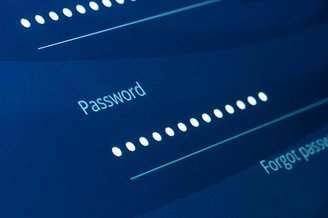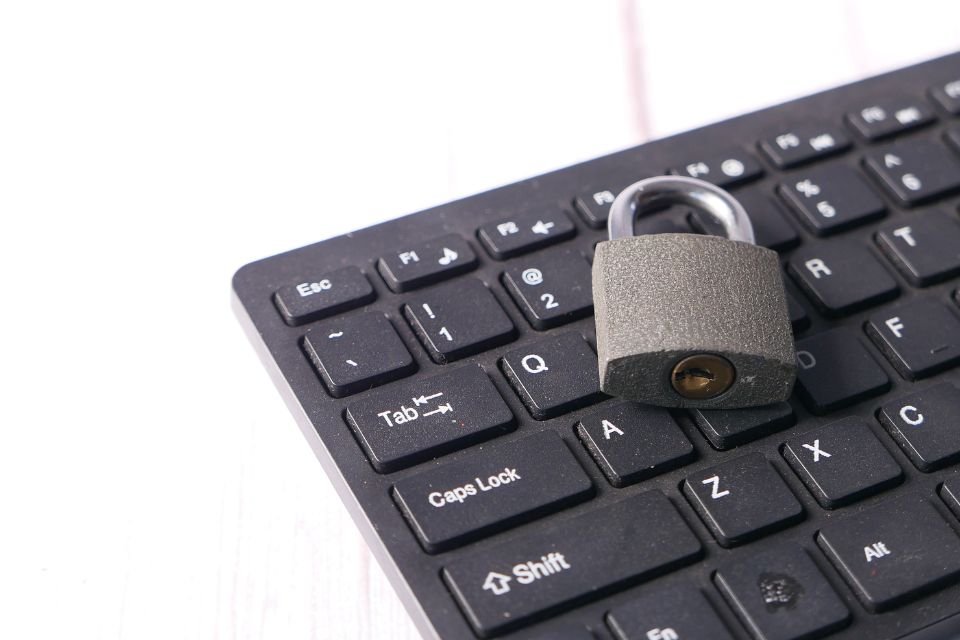With the advancement of technology and the digitalization of most of our daily activities, the issue of information security is becoming increasingly important. The challenge in Brazil has focused on identity fraud cases.
According to 2023 data of Sumsub, an international platform specialized in fraud detection, We are the tenth country in the world ranking for identity fraud.
Serasa Experian’s Global Identity and Fraud Report 2022 reveals that an impressive 61% of Brazilians have been victimized or know someone affected by this issue.
It is worth remembering that identity fraud with personal information occurs in cases such as: name, date of birth, ID or CPF number Unauthorized use to commit fraudulent actsfor example:
- opening bank accounts;
- shop online;
- Apply for a loan.
The application of advanced technologies helps protect consumers and prevent fraud. This is the way to ensure that “companies do not lose sales and customers due to lack of trust,” emphasizes Thiago Bertachinni, Senior Business Development at Nethone.
On the other hand, advances in Artificial Intelligence have expanded the possibilities for fraudsters, who now use more sophisticated techniques to produce highly realistic synthetic data and documents.
So how can we protect ourselves? Adopting stringent security measures that can prevent identity fraud. Check out what they are!
1) Always use a private link
One of the first precautions to take is to always use a private and secure connection, preferably via home or corporate networks or cellular data.
Public Wi-Fi networks without password protection pose a significant risk as they are frequently targeted by hackers looking to obtain sensitive data. If you can’t avoid these, use a virtual private network (VPN).

VPNs encrypt all your online communications, protecting your data from attacks by cybercriminals and providing an additional layer of security and privacy.
2) Keep your devices updated and protected
Benefit from a reliable, multi-layered security solution on your devices such as laptops, smartphones and tablets. Keeping your antivirus turned on is a powerful defense against ever-evolving malware and attacks from hackers.
Also, it is very important that you keep all your information. operating systems and Apps regularly updated to fix security vulnerabilities is known and has additional protection against new threats.
Another important practice is to ensure that all sensitive data stored on your devices is properly deleted before it is sold or thrown away. This may include information such as user accounts, passwords, banking details and personally identifiable information.
3) Create strong and unique passwords
Always choose long, difficult to guess and different passwords for each account. It is good practice to use passwords that are easier to remember and generally more secure than simple passwords.
Also consider using a password manager to store your passwords securely. These tools encrypt your information and ensure that only you can access it.

Another important measure is IImplement two-factor authentication whenever possible. This functionality requires a second form of verification, such as a code sent to your mobile phone, in addition to the password, making your accounts even more secure from unauthorized access.
4) Be careful about the content you share
We unknowingly share sensitive information in posts, photos or videos that criminals can easily use to commit fraud on our behalf.
This information may include identification data, purchase orders, airline tickets or any similar document. Then, It’s important to avoid sharing details about your routine and personal life on social media.
Also, be careful when disposing of physical materials that contain personal data. Shred documents such as bills, bank statements, and credit cards to prevent them from falling into the wrong hands and being used fraudulently.
5) Learn how to identify a fake call center
Fake call center is a common tactic among scammers who pose as employees of large companies such as banks to trick victims into stealing their data and money.
These scammers use social engineering techniques to convince people that the communication is legitimate and trick them into sharing confidential information via phone, email, or even WhatsApp.
It is therefore essential to adopt a distrustful attitude. Have you received a call from the bank? Disconnect! Therefore, contact the support unit on the official website of the institution where your account is located.
By taking these precautions, you will be better prepared to avoid identity fraud scams. Did you like the content? Also see how exposure to social media can harm children. To the next one!
Source: Tec Mundo
I am a passionate and hardworking journalist with an eye for detail. I specialize in the field of news reporting, and have been writing for Gadget Onus, a renowned online news site, since 2019. As the author of their Hot News section, I’m proud to be at the forefront of today’s headlines and current affairs.










